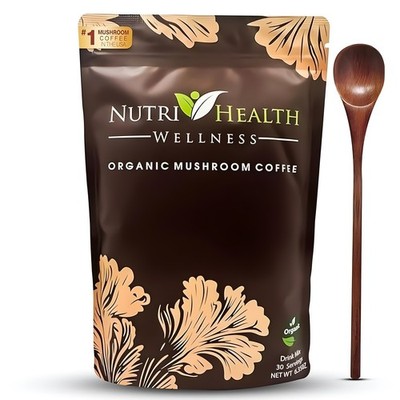Blog
Is Decaf Healthier Than Caffeinated Coffee?
Independent scientific research indicates that drinking decaf coffee, along with all forms of caffeinated coffee, may provide unique health advantages including increased longevity and decreased risks of various cancers and chronic diseases. Regular and decaf coffee provide various health-promoting nutrients such as antioxidants, potassium magnesium and B vitamins – each offering their own set of advantages for your wellbeing.
Caffeine not only lowers the risks of heart disease, depression and diabetes but it can also reduce Parkinson’s and Alzheimer’s. Caffeine may cause anxiety and sleeplessness for some people so reducing caffeine consumption may help. For those sensitive to caffeine or concerned about potential side effects decaf coffee is an excellent solution.
Decaffeinated coffee contains fewer calories than its caffeinated counterpart, with most brands typically offering two to 15 mg of caffeine per cup depending on how it’s prepared. But decaf coffee doesn’t always taste the same due to the decaffeination process – all methods involve extracting caffeine naturally found within coffee beans using chemical extraction processes that have been approved as safe by food safety regulators around the world.
Decaffeination involves submerging coffee beans in water or another liquid to extract caffeine, and then washing and steaming before roasting. Rinsing solution is captured and reused during this process to achieve nearly 100% caffeine extraction; any leftover beans are dried and roasted like regular coffee beans.
Both regular and decaf coffee have been shown to reduce the risk of various chronic illnesses, such as type 2 diabetes, liver disease and certain cancers (Poole et al, 2017). While which kind you drink depends on personal health concerns and tolerance levels; studies indicate that up to 400 mg daily is part of an overall healthy diet for most adults.
Researchers cautioned that while their latest study may link coffee consumption with reduced risks of abnormal heart rhythms, this research remains observational and cannot prove causality; furthermore caffeine is present in many foods and drinks as well. They suggested to check health recommendations from respected authorities, listen to your body, and speak with a healthcare provider if any questions or concerns arise.



